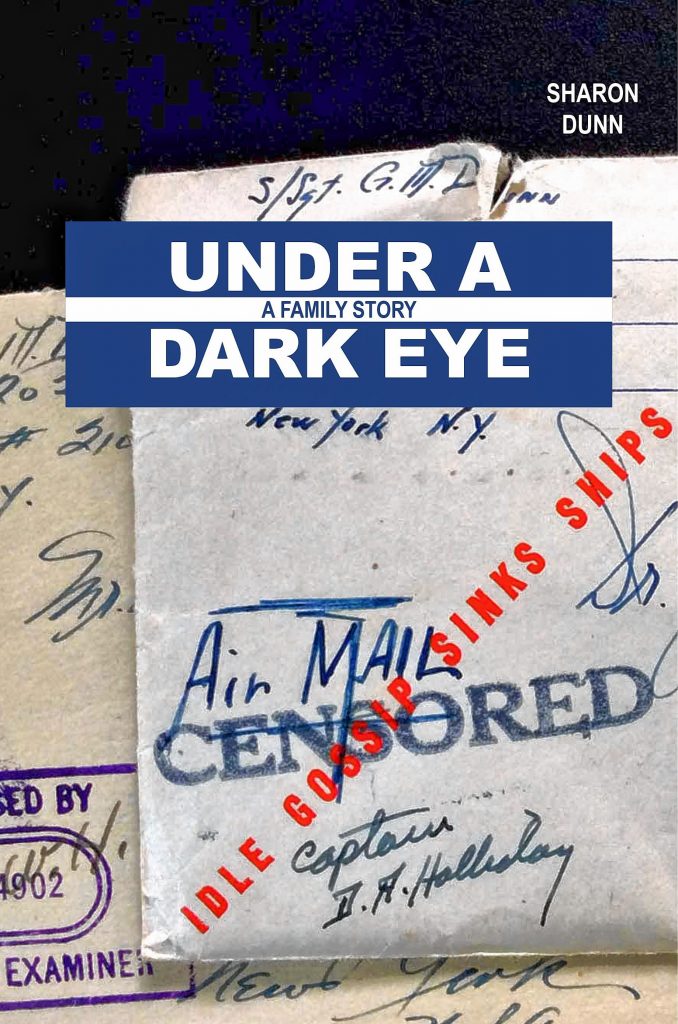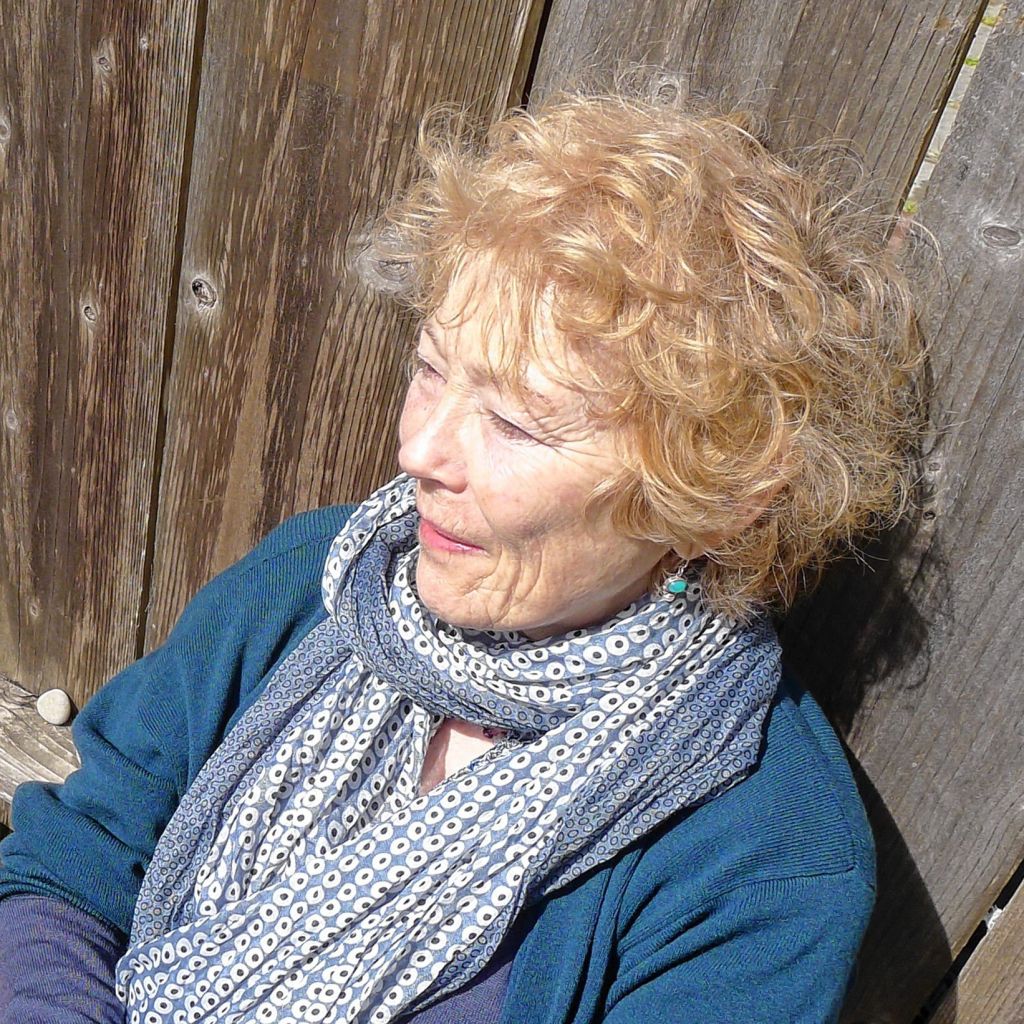Gibson’s Bookstore always has a lot of author events, but it’s not too often that they host one who grew up right here in Concord.
But next Wednesday, Sept. 13, the bookstore will welcome Sharon Dunn, author of Under a Dark Eye. The book focuses on her father, Gilbert Dunn, the founder of Duncraft bird supplies, and mother, Dr. Gladys Ward-Dunn, who worked as a psychiatrist at New Hampshire State Hospital, where the family lived.
We caught up with Dunn to find out a little more about the backstory ahead of the Gibson’s event.
You started your book wanting to know how your father, Gil Dunn, became a “damaged and damaging man.” Do you answer your own question?
Yes, I knew little about my father’s life, as he never talked about his personal history. As I reconstructed his life, taking clues from photos, letters and memories, I realized he had serious setbacks, even “blows” in his life – losing years of employment as a young man in the Great Depression, nearly dying from spinal meningitis and hurt in a serious auto accident and finally fighting on the front for two years in World War II.
What was it like to grow up on the state hospital campus?
When my brother and I were children in the 1950s and ’60s, the hospital housed up to 2,500 patients. The acres of grounds were our playground, and we had “hideouts” all over – near the stairs to Brown Building, near the cistern, out in the back fields. We used to steal out on the roof of the Main Building portico and sun ourselves.
What was it like to have a psychiatrist as a mom?
Our mother, Dr. Gladys Ward-Dunn, was a very empathic person, and a loving mother. I don’t believe she ever diagnosed any of us in the family! She had a heavy workload, sometimes 250 patients a month, and hospital politics were a fact of her life. When we were very young, it was a challenge to find child care for us – she had to work full time, and back then there were no nannies, no nursery schools, so that was a stress on her. For years, she was the only female psychiatrist and had to hold her own with all male colleagues.
What was your relationship with your dad like?
My father wanted an obedient, quiet, admiring daughter, and mostly I gave that to him. In return, he left me alone: He was never “interested in me,” never knew anything about my dreams, accomplishments, we never had a conversation about anything in my life. As I write in my book, our father never gave my brother “a rough hug, a book or an afternoon.” I believe all my father’s disappointments, his own failures, he “took out” on his son. Mike learned well how to protect himself.
What made you want to write a book about all of this?
I wanted to see if I could learn how my handsome, once-sociable, smart father came to be so lonely, critical and unhappy. And to learn why my psychiatrist mother didn’t better protect my brother and me from him. Deeply looking into their histories, I arrived at a compassionate vision of each of these complex individuals and an understanding of their struggles. Arriving at compassion is to be desired.
How do you think these experiences have shaped your life, for better or worse?
I wonder if I would have been a more creative person earlier in my life if my father had been nurturing, and had truly known me. I do think our family life, and my mother’s profession, made me very aware of other people, their feelings, hopes, dreams.











September 8, 2017
Sharon, even though you didn’t have the best childhood, you have always been a very smart and educated woman. You are a caring person who is very considerate of others.
I am so thankful to have had the opportunity of working for you and your brother.
May God richly bless you and your family!